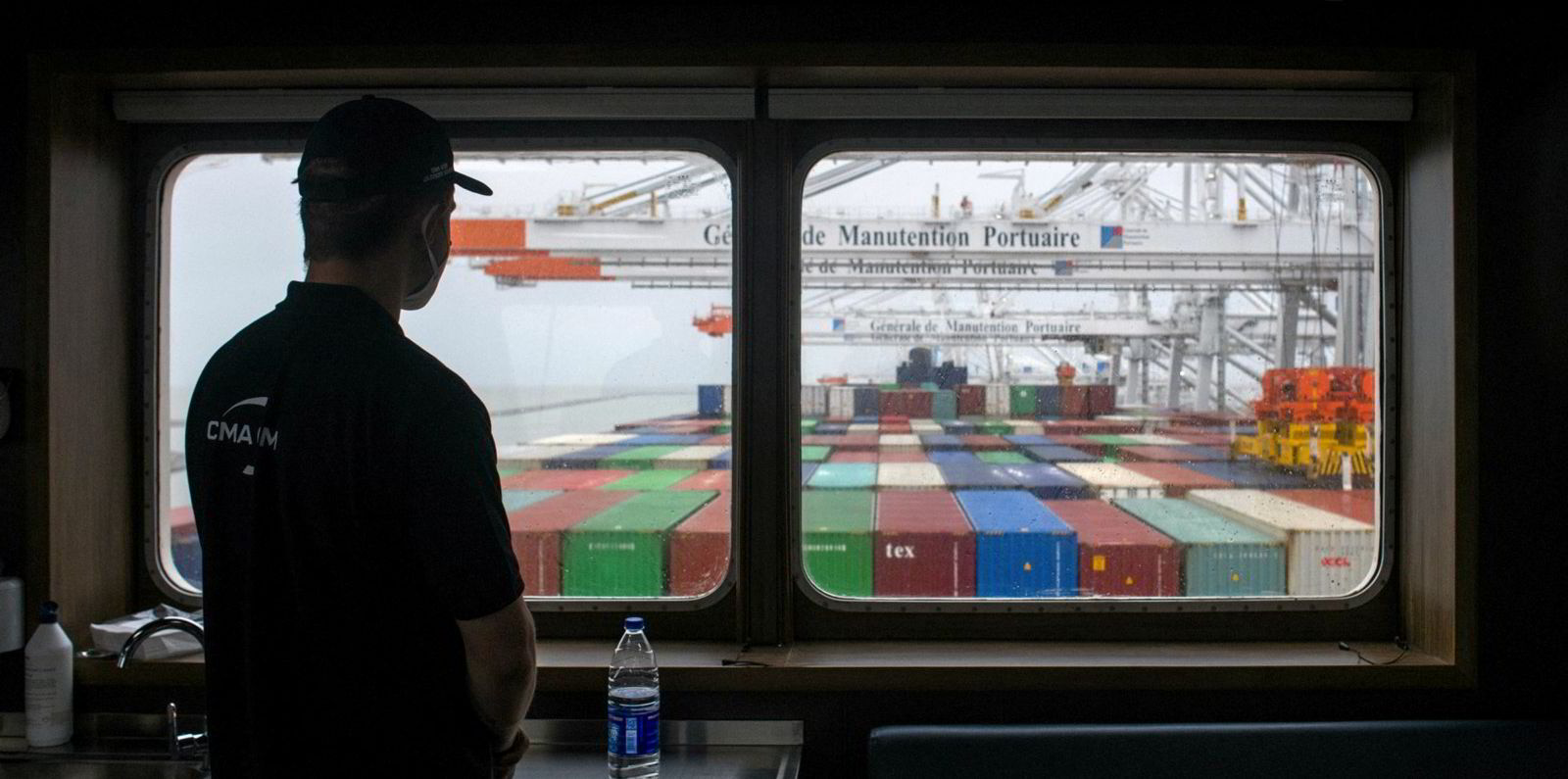1. Managers faced their toughest test in crew-change crisis
Ship managers scrambled to cope with Covid-19 pandemic as a global lockdown blew up contingency plans.
2. Crew change not as bad in Covid-19's second wave, but problems persist
Ship managers struggled as countries that said they were open then barred crew changes. New restrictions are still driving up costs.
We learned a lot as we walked through the different scenarios in different countries
Olav Nortun, Thome Group
3. Pandemic proves industry is a people business at heart
The way in which ship managers have cared for crews and clients will likely define how well they come out of the coronavirus pandemic.
4. Covid-19 uncovered mental health issues that must not be forgotten
Addressing seafarers' psychological and emotional well-being should be viewed as an investment, not a cost.
5. Shore staff frustrated by failures when crew changes collapsed
Seafarers were not the only ones to feel the strain.
6. Future looks bright for shipowner partnerships
Industry organisation is seeking to convince owners who do not use managers that maybe they should.
7. New ways of working are opening up
Ship managers have been unable meet and greet new clients in the past year but new business models are emerging.
8. Collaboration is the answer to zero-carbon innovation
Managers are looking to partner owners in finding alternative fuels and propulsion systems to operate greener ships.

9. Virus boosts technology as a catalyst for change
Pandemic would have hit harder without digital technology — and remote services are here to stay despite demand for traditional human touch.
10. Remote surveys and training need cheaper satellite connectivity
Greater bandwidth would allow virtual inspections to be done at sea and problems to be diagnosed in advance.




